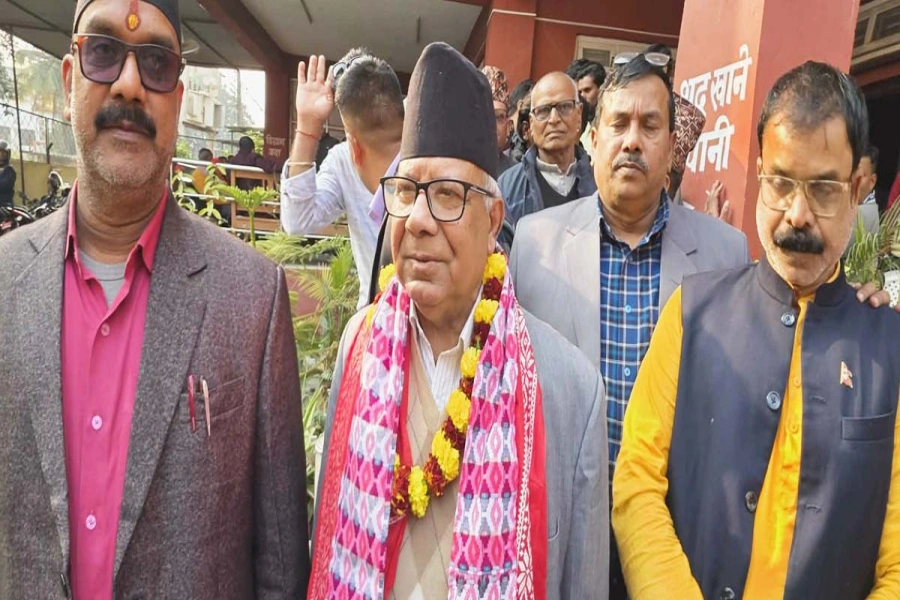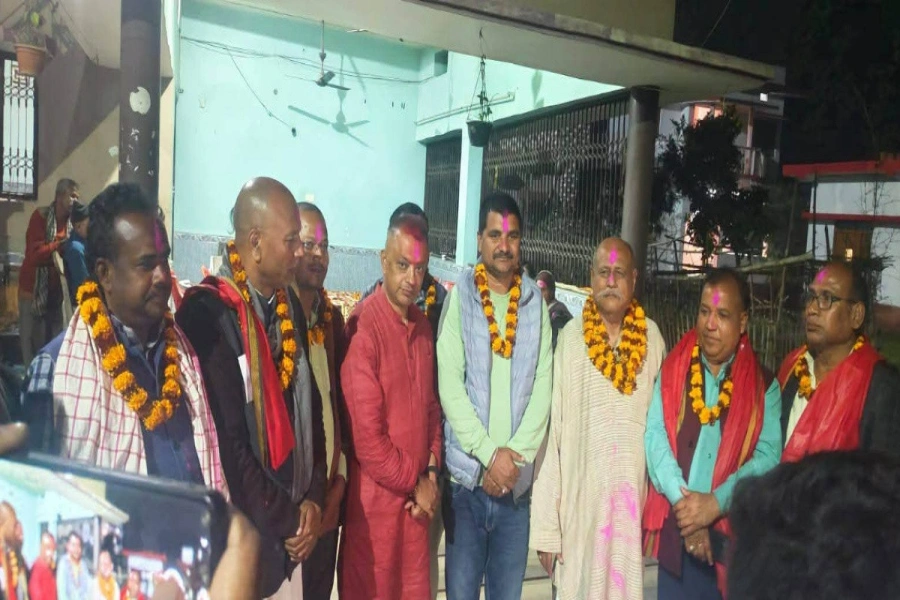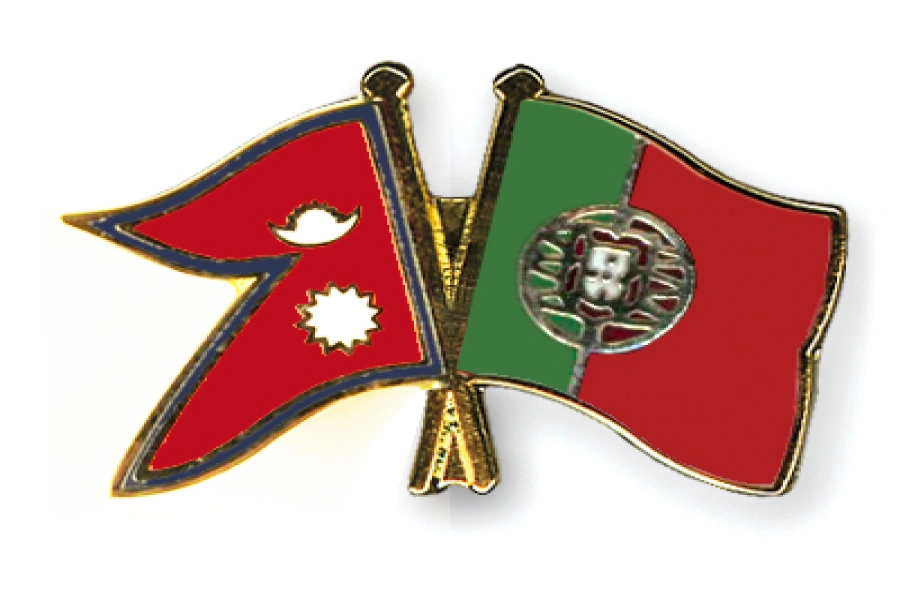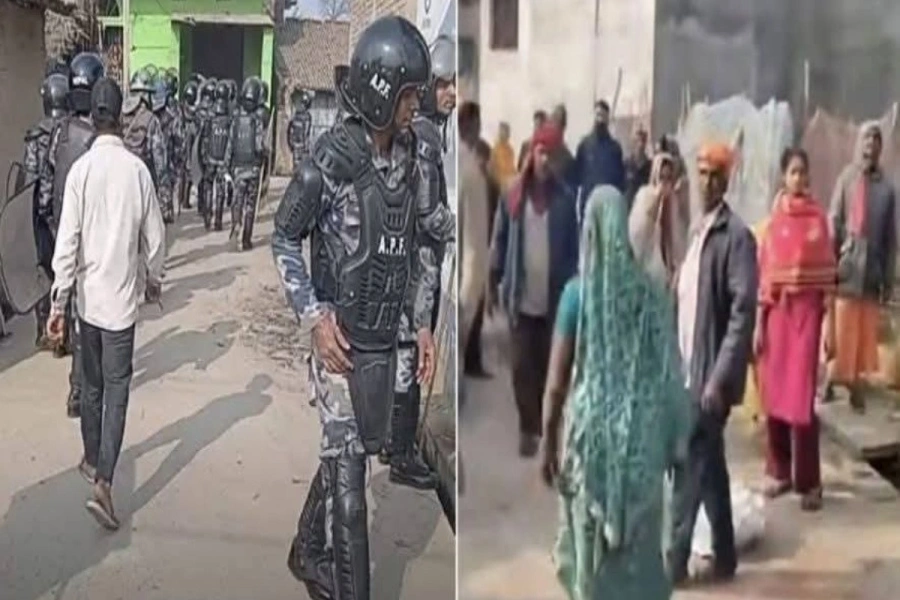Every year, millions of individuals leave their home countries, seeking better economic opportunities abroad. This wave of migration not only supposedly improves the living standards but also propels the economy of both home and host nations. While remittances sent by these workers boosts their home countries' GDPs, their labour contributes to the key sectors in host countries. Yet, behind these mutually beneficial exchanges lies a bleak reality: the Kafala system—a legal framework that has been criticised for perpetuating modern slavery under the guise of regulation.
Understanding the Kafala System
Kafala is a sponsorship-based system predominantly adopted by the Middle East and Gulf Cooperation Council(GCC) to manage migrant labour. Originated in the 1950s as a means to manage the growing influx of foreign labour needed for rapid economic development and initially implemented in Gulf Cooperation Council (GCC) countries such as Saudi Arabia, Qatar, and others, the system was designed to regulate the relationship between migrant workers and their local sponsors.
Under the Kafala system, the legal and residency status of migrant workers is tied to an employer who acts as the sponsor, also referred to as Kafeels, and assumes the legal and financial responsibility for the migrant labourer during their stay in the host country. The system was intended to provide a straightforward mechanism for controlling labour migration, ensuring that workers were accountable to their employers, and that local citizens retained a degree of control over the foreign workforce.
Infographics: Countries with most people living in slavery

Bondage Disguised as Regulation
While the Kafala system was originally designed to regulate labour migration, it has become increasingly controversial due to its inherent flaws and the exploitation it facilitates. Migrant workers, particularly those from South Asia, including Nepal, are vulnerable to a range of abuses under this system, including wage theft, poor living and working conditions, physical and psychological abuse, and even forced labour. The system's lack of regulatory oversight and legal protections has led to widespread exploitation and human rights violations, drawing criticism from the global community, which became more evident during COVID-19 pandemic and the construction of World Cup stadiums in Qatar.
The Kafala system often forces workers into exploitative conditions that amount to modern-day slavery. The Kafeels have almost total control over the migrant worker, including the ability to terminate employment, cancel the worker’s visa, or prevent them from changing jobs or leaving the country. Workers often face significant restrictions on their freedom of movement and communication, with passports frequently confiscated by employers.
The dependency created by this system leaves migrant workers vulnerable to abuse, including underpayment, poor working conditions, and physical or psychological mistreatment. Migrant workers are frequently coerced into accepting jobs that they did not initially agree to or are subjected to harsh working conditions without the possibility of changing employers. This is evident in many countries around the middle east. For instance in Lebanon many migrant workers have reported being forced to work excessively long hours without adequate rest or compensation, often in multiple households, contrary to their contracts. This practice directly violates the international conventions that are drafted to protect and promote the rights of an employer or the workers.
Many migrant workers under the Kafala system become a victim under debt bondage, where they are forced to work against their will to pay up the debts that were either incurred during their recruitment process or in other forms. Recruitment agencies often charge exorbitant fees, which workers must repay, trapping them in cycles of debt. Workers migrating to GCC countries often borrow large sums of money at high interest rates to pay recruitment agents. Once in the host country, these workers are forced to accept exploitative working conditions because leaving would mean defaulting on their loans, leading to severe financial and legal repercussions.
The major laws governing the rights and functioning of labour laws are Conventions under International Labour Organisation, however due to the non-ratification of the conventions by majority gulf countries they become non binding. Nevertheless, under the International Covenant on Civil and Political Rights (ICCPR) and the International Covenant on Economic, Social and Cultural Rights (ICESCR), to which many countries are signatories, migrant workers rights are guaranteed. However, despite various reforms and international pressure, the Kafala system continues to operate in many countries, resulting in a systematised form of modern servitude.
The need for Reform
The Kafala system has been widely criticised for its inherent abuses and violations of international human rights law. This system contravenes several articles of the International Covenant on Economic, Social and Cultural Rights (ICESCR) and the International Covenant on Civil and Political Rights (ICCPR), particularly concerning issues of forced labour, debt bondage, and restricted freedom.
The need for reformation or abolition of the Kafala system has recently been a discussion in the global community. With many countries having abolished it or amended certain provisions like allowing the change of job without the consent of the Kafeel, or strengthening the reporting and justice mechanism, the system still prevails either in a partial or its original forms. Since, it is a traditional practice having its own customary values it becomes more accepting and rational to improve it rather than full abolishment.
The need for practicable and progressive reforms is undeniable and urgent. Reforming and replacing the kafala system with frameworks that respect human dignity, ensuring legal protections, and promoting fair treatment are essential steps toward achieving justice for millions of migrant workers. By aligning national labour laws with international human rights standards, countries can foster environments where both employers and employees benefit from equitable and humane working conditions, abolishing slavery in its true form.





































